INVESTOR FAQ
Investing With Venture
-
How do I invest with Venture?
The first step is to fill out our investor questionnaire. To do so, simply navigate to the Invest menu and click Investor Questionnaire. (There is also a button at the bottom of this page.)
Someone will reach out to you in order to coordinate a call within 48 hours.
Note: We will not accept an investment from an investor with whom we have not completed a call.
-
What are the requirements and what is your minimum investment?
We partner with accredited investors only and $50,000 is our typical minimum investment.
-
How often does Venture have new opportunities?
While we do our best to acquire 2-3 projects per year, it is very difficult to time them.
Fact is, we are conservative investors and have no problem sitting on our hands if we cannot find a suitable investment worthy of your attention.
But historically speaking, we've always had a few projects every year.
-
Do you have a track record or company overview I can review?
Yes, we maintain a living VREC Company Overview and Track Record. If you'd like to review it, please don't hesitate to reach out to us!
-
How much notice is given before a new project?
We make every effort to inform investors about new opportunities 6-8 weeks before capital will be required.
-
Have you ever issued a capital call or lost investor capital?
No, we have never issued a capital call or lost any LP capital over 32 full-cycle projects.
Tax Advantages, Deal Structure, Partner Distributions, Fees. etc.
-
How often do I receive cash flow from an investment?
Venture sends partner distributions to investors monthly by the 15th of each month.
-
How long does it take for cash flow to begin?
Partner distributions begin at different times depending upon the project. Some deals start immediately, while other projects require more time for renovation and stabilization. These timeline projections will be shared with investors in our business plan long before an investment is made.
-
What are the tax advantages?
There are several tax advantages enjoyed by investors who invest passively in real estate, including the benefits of bonus depreciation via cost segregation studies.
We would be happy to discuss the general tax advantages with you on a call, but please consult your CPA or tax advisor regarding your individual situation.
-
Do you pay or accrue a preferred return in your structure?
No, we have never utilized a preferred return structure to incentivize investment and do not currently intend to do so.
Preferred returns are a popular way of raising capital in today's marketplace, giving investors the impression that their return has a "floor" or that it is a guarantee.
In reality, preferred returns are not guaranteed, and they are often used as a marketing tactic to motivate investment. While a deal may promote a 7-8% preferred return (which is often accrued because the deal doesn't generate the cash flow necessary to pay it), the trade-off will inevitably be a sponsor that is being compensated through fees.
We believe this is a fundamental misalignment between sponsor and investor, where the sponsor is then motivated to aquire assets for the sake of fees rather than for cash flow.
At Venture, we target projects that we believe can generate a 7-8% cash on cash return upon stabilization, which typically meets or exceeds the preferred returns at other firms.
Combined with the fact that preferred returns put unnecessary pressure on deals to be sold, our stance at Venture is that preferred returns are an unnecessary complication and often result in underperformance - for the asset, for our investors, and for our teammates.
-
What is your typical deal structure?
We typically employ a simple, napkin-briendly 85/15 or 80/20 deal structure. This varies deal-by-deal based upon our targeted investor returns.
In this structure, cash flow is split 85% to the LPs and 15% to the GP. Investors receive 100% of any capital events, such as cash-out refinances or sales, unitl they are whole on their investment.
Conceptually, we believe this structure to be the most incentive-aligned in the marketplace, ensuring out team at Venture is only compensated when the deal is actually cash-flowing for our investors. Where many operators charge a 2% fee on gross income monthly regardless of deal performance, we have no such fee. Again, our compensation is directly tied to the performance of the asset.
Last but not least, Venture does not employ waterfalls (where the equity split adjusts in the GP's favor at certain threshholds), so our investors enjoy significant upside if we outperform projections.
-
How is the equity split determined?
Simply put, Venture backs into the equity structure based upon investor returns.
We target 12-15% IRR and 7-8% cash on cash returns for our LPs, and we will adjust our structure accordingly until we feel confident that our conservative scenarios will acheive our targets.
If a deal is "tight" at 85/15, it is a pass. We require substantial buffer in our underwriting to feel comfortable pursuing an acquisition.
-
What fees are associated your equity structure?
As we've shared elsewhere, we choose to be a very low fee sponsor, far less than most.
Typically, our only fees are an industry standard acquisition fee (paid for finding, funding, and executing on the deal) and a standard property management fee (for day to day management).
There are no:
Asset Management Fees
Construction Management Fees
Due Diligence Fees
Guarantor Fees
Refinance Fees
Disposition Fees





